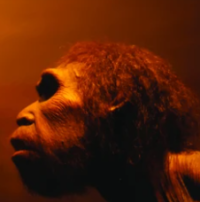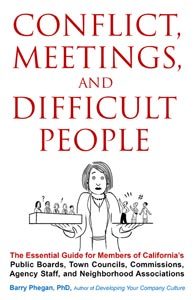 One luxury of aging is seeing current events in a longer time perspective, knowing that all catastrophes of the moment have deep histories. Human culture changed rapidly during my lifetime, and the pace is accelerating. Most changes are good, some not. We live best when cherishing the moment’s beauty, not when imagining calamities.
One luxury of aging is seeing current events in a longer time perspective, knowing that all catastrophes of the moment have deep histories. Human culture changed rapidly during my lifetime, and the pace is accelerating. Most changes are good, some not. We live best when cherishing the moment’s beauty, not when imagining calamities.
Our Fast-Changing World
In my 1940s childhood, bread and milk were delivered to our house by horse and cart. My dad’s sister, Linda, had a car that started with a hand-crank. And her hand-cranked Victrola record player was great fun. My dad was born in 1907 when cars, telephones, and home electricity were new.
My Dad’s father was born in 1860 when electric motors were becoming commercial realities. My grandfather’s great-grandfather was born in Ireland around 1770 when the Scottish engineer James Watt redesigned a coal mine water pump into the steam engine that birthed the Industrial Revolution.
 Out From the Woods
Out From the Woods
Before the steam engine, change was relatively slow. Varieties of humans have been around for 3 million years, but by 30,000 BCE, Homo sapiens had dominated the others as the only surviving hominid. We domesticated animals, developed agriculture, grew villages into towns, traded, fought wars, and to explain the world, developed spirits, gods, and religions. We achieved this growth through a unique, creative tool, human culture. The primary purpose of human culture is fulfilling individual and collective needs and desires. We still responded to environmental change, but human evolution is mostly cultural, not biological.
Fictional Truths
Large-scale coordination, beyond the 20-200 group size of our foraging ancestors, relies on the coordinating benefits from broad acceptance of unifying fictional stories. These collective myths and beliefs create nations and world order. We may disagree on the virtue of various social structures — divine right of Kings, democracy, communism, autocracy, or anarchy — but we all agree on, and want money. It’s a universal language.
But fulfilling human needs and desires comes at a price. James Watt’s compatriots couldn’t know that his simple steam engine would bring such rapid global change. Industrialization brought synthetic fertilizer, antibiotics, plastics, computers, satellites, the Internet, and cell phones. The world’s population jumped from 800 million to 8 billion. Life expectancy doubled. This change was cultural, not biological.
Until imaginative man leaped out of Africa, all species evolved slowly, along with their related partners in nature. What was discarded by one animal was lunch for another. There was no waste. Not today.
 Today, We Dump
Today, We Dump
Plastics are ubiquitous. Carbon dioxide and other industrial gases destabilize the climate. A collapsing Antarctic ice shelf — from global warming — will soon raise sea level about 2 feet, inundating coastal areas and displacing billions. Add wildfires, floods, droughts, pandemics, and a possible Gulf Stream reversal with a new ice age in Europe. That’s just for starters, and there’s no going back. Evolution doesn’t work that way.
Billions of people, newly anxious to experience the pleasures of middle-class consumption, guarantee increasing industrialization and more dumping. Rapid environmental change is just the price for enjoying the good life. Amazon anyone?
 Life is for Living
Life is for Living
Don’t fret. We can’t stop evolution and shouldn’t try. It will continue its random walk, and we will adapt — as always.
In any case, life is lived in the moment, not in some imagined dystopia. Evolution traces an unimaginable path. Prediction is difficult, especially about the future. Whatever unfolds, like my father and Aunt Linda, I won’t be here to experience it. But I am alive today. I am here now.
We each have the power to not yield to the profit-motivated fearmongering of companies and the media. Give them your money but keep your soul. Relish the immediate joy of family and friends, sunsets, and good food. Do what you can to improve the world. Live, love, enjoy. If it helps, consider the radical love of life a form of activism.
Thank you for reading. Enjoy your day.
Barry
Add Your Name below to my list to know when I have posted a new blog.




